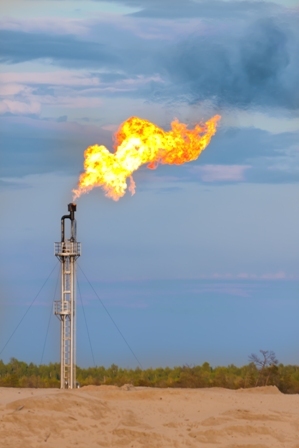Human nature makes interstate conflict inevitable, argues new IEA book
SUGGESTED



- Humans and states have a propensity for conflict that must be carefully managed;
- Sovereign nations are the primary actors in international relations;
- International law and organisations can enable peace and cooperation but also risk interfering with individual liberty;
- Defensive wars are justifiable, but military intervention should be limited to preventing genocide;
- Free trade and globalisation enable economic development, rather than government-provided foreign aid;
- Trade improves relations but does not guarantee peace;
The Russo-Ukrainian war and mounting tensions between the West and China highlight the need for a different approach to international order. A new book, from the free market think tank the Institute of Economic Affairs, paints a way forward based on classical liberal principles.
Human Nature and World Affairs: An Introduction to Classical Liberalism and International Relations Theory, by political philosopher Edwin van de Haar, debunks the myth that classical liberal ideas are only relevant to domestic politics.
It consolidates the insights of a range of scholars – from David Hume and Adam Smith to Ludwig von Mises, and F.A. Hayek – into a coherent classical liberal theory of international relations.
Classical liberals reject the idealist notion of lasting world peace, instead highlighting the realist view that human nature inevitably drives conflict and wars between states. Nevertheless, classical liberals believe stability can be achieved by balancing power between competing sovereign nation states, asserting the importance of national sovereignty and warning against powerful international institutions like the European Union.
Classical liberals distinguish themselves from the realist view of international relations by promoting classical human rights, limited government, supporting intervention to prevent genocide, and advocating for functional, but minimal international organisations.
Classical liberals share with libertarians a belief in individual liberty, free trade and concerns about expansive state power. But they reject the libertarian emphasis on isolationism and neutrality, calls to privatise national defence and the optimistic view that trade alone can deliver peace.
The book’s author Edwin van de Haar said:
“Modern classical liberals have been remarkably silent on world politics, certainly on issues such as war, the balance of power, international order, or immigration. This is unnecessary, because classical liberal thought offers ample evidence and input for a coherent and unique voice on old and new topics of international relations. This book aims to present these ideas in an accessible way, for students, the general public as well as academics.”
ENDS
Notes to Editors
CONTACT: media@iea.org.uk / 07763 365520
A free copy of Human Nature and World Affairs: An Introduction to Classical Liberalism and International Relations Theory can be downloaded here: https://iea.org.uk/wp-content/uploads/2023/06/Haar-Classical-Liberalism-04.pdf
Email media@iea.org.uk to request a hard copy for review.
ABOUT THE AUTHOR
Dr Edwin van de Haar is an independent scholar who specialises in liberal international political theory. In his academic work he is fascinated by the different views on international relations within liberal political thought, and his aim and motivation for research and writing are to shed light on these differences and to foster an intra-liberal conversation on international a‑airs. Dr Van de Haar is the author of Classical Liberalism and International Relations theory: Hume, Smith, Mises and Hayek (Palgrave Macmillan, 2009), Beloved Yet Unknown: e Political Philosophy of Liberalism (Aspekt, 2011, in Dutch) and Degrees of Freedom: Liberal Political Philosophy and Ideology (Routledge, 2015). He contributed to a number of edited books, among them e Oxford Handbook of Adam Smith (2013), Just and Unjust Military Intervention: European inkers from Vitoria to Mill (2013) and e Liberal International theory Tradition in Europe (2021). His articles on international issues and on liberal thinkers, most notably Hume, Smith, Mises, Hayek and Rand, have been widely published, including in e Review of International Studies, International Relations, International Politics, Economic A‑airs and Contemporary Southeast Asia. He regularly contributes to (Dutch) public debate. Haar Classical Liberalism.
Dr Van de Haar has been a visiting fellow and lecturer in political theory at John Tomasi’s Political theory Project at Brown University, a lecturer in international relations (IR) and political economy at the Institute of Political Science at Leiden University, and a lecturer in international relations at the European Studies Program at Ateneo de Manila University. He received his PhD in International Political theory from Maastricht University in 2008, and also holds master’s degrees in international relations from the London School of Economics and Political Science, and in political science from Leiden University. Dr Van de Haar is a Dutch national and lives in e Hague. He is a member of the Mont Pelerin Society. For more information, visit www.edwinvandehaar.com.
The mission of the Institute of Economic Affairs is to improve understanding of the fundamental institutions of a free society by analysing and expounding the role of markets in solving economic and social problems. The IEA is a registered educational charity and independent of all political parties.



